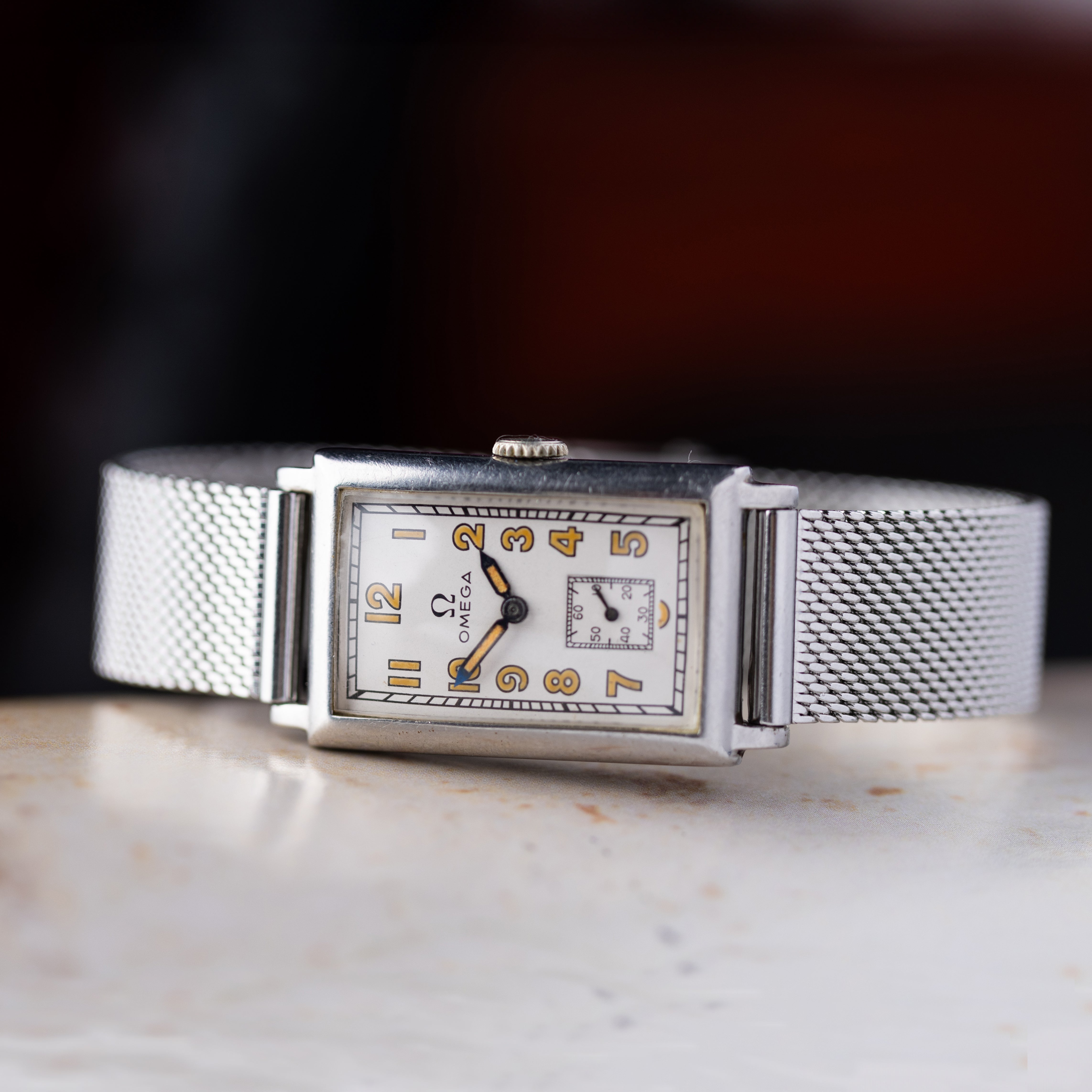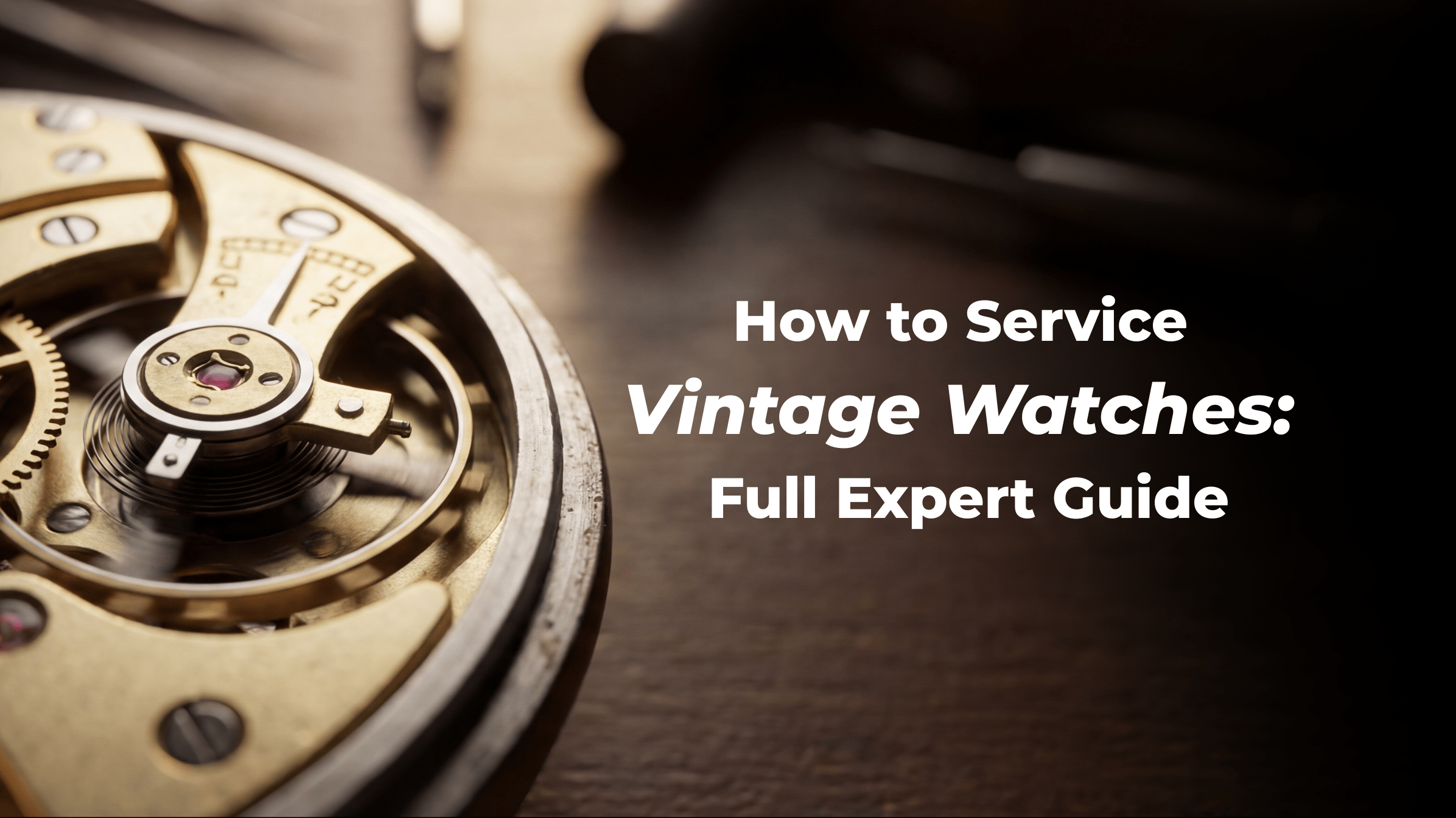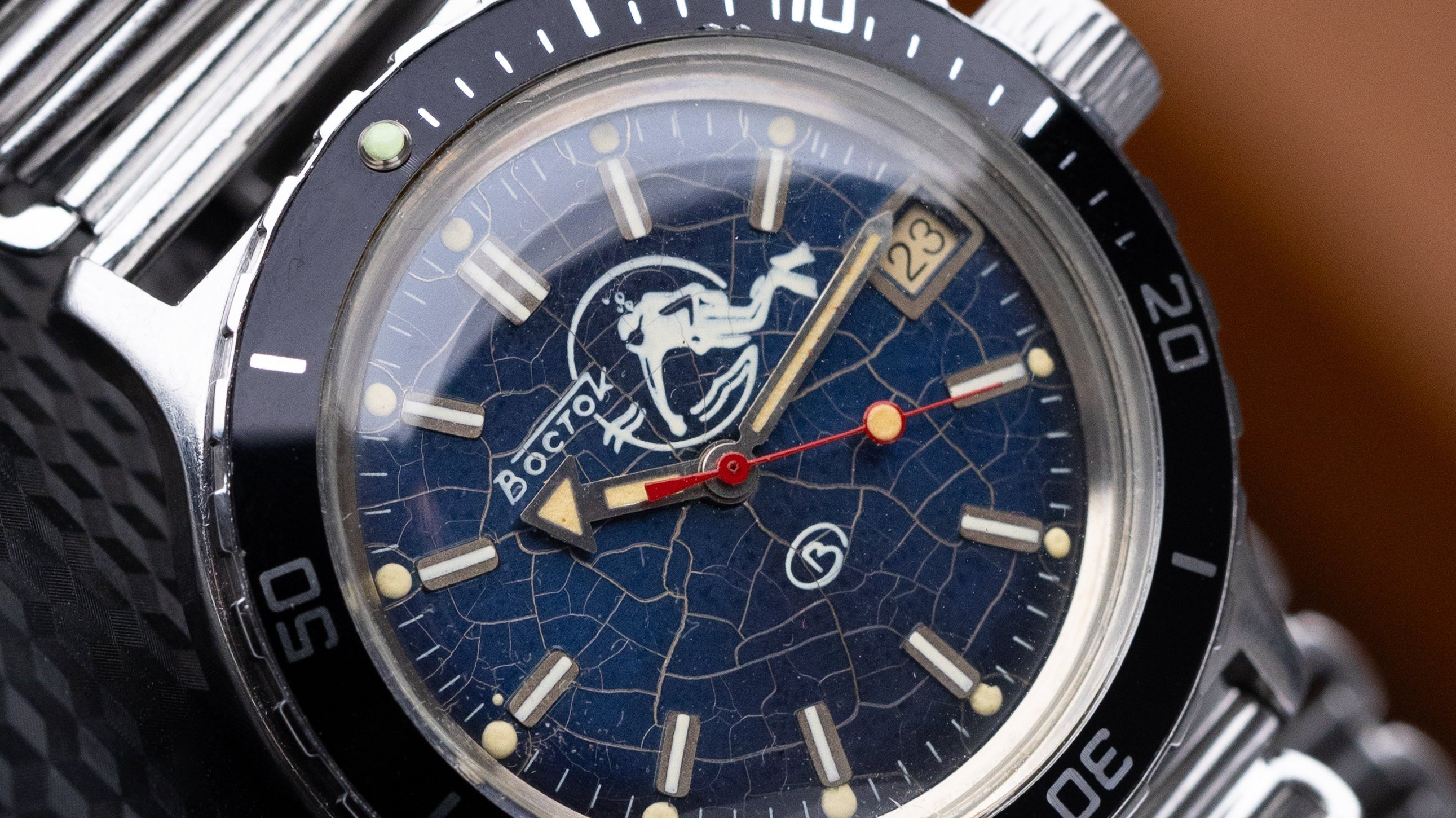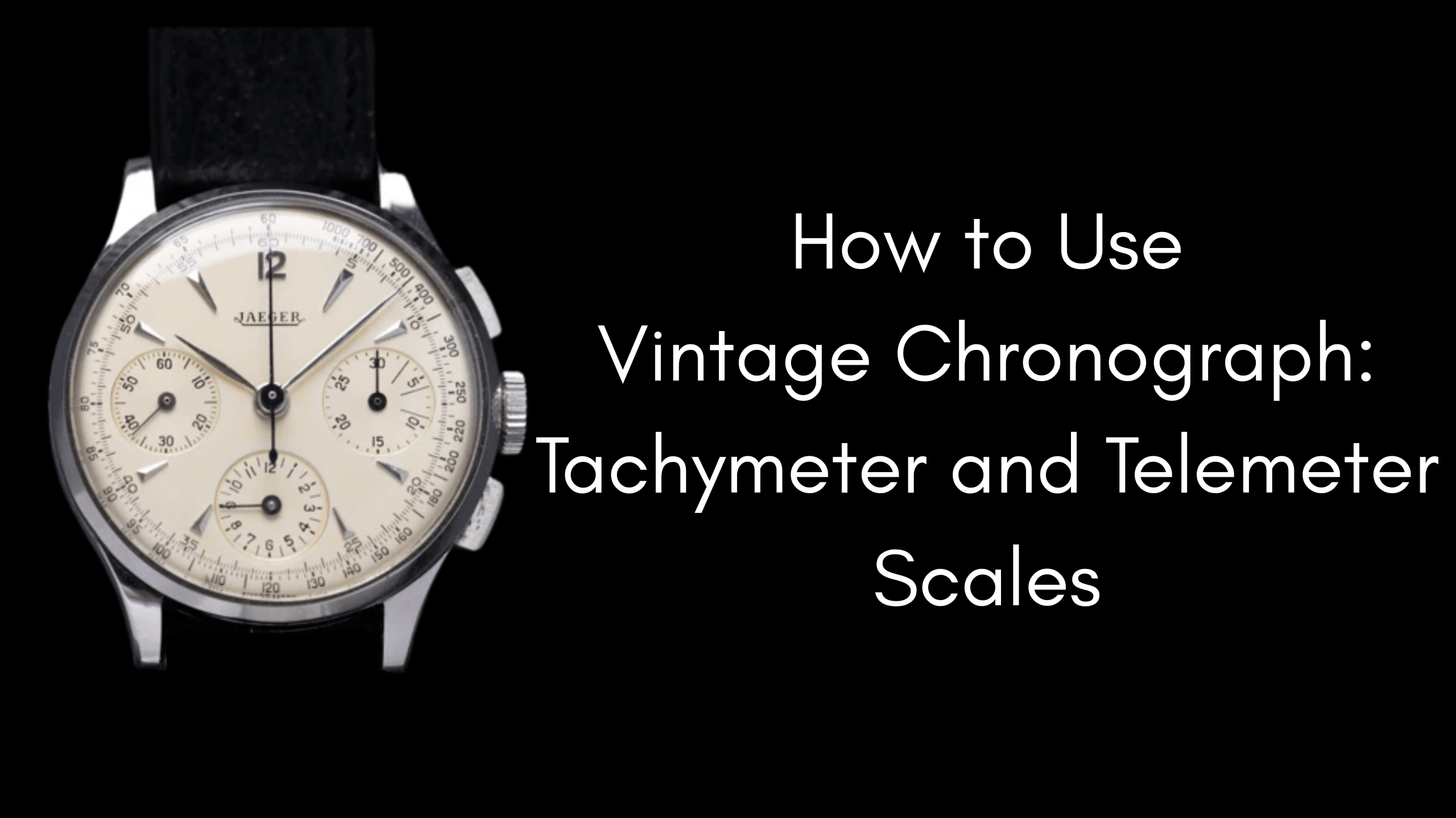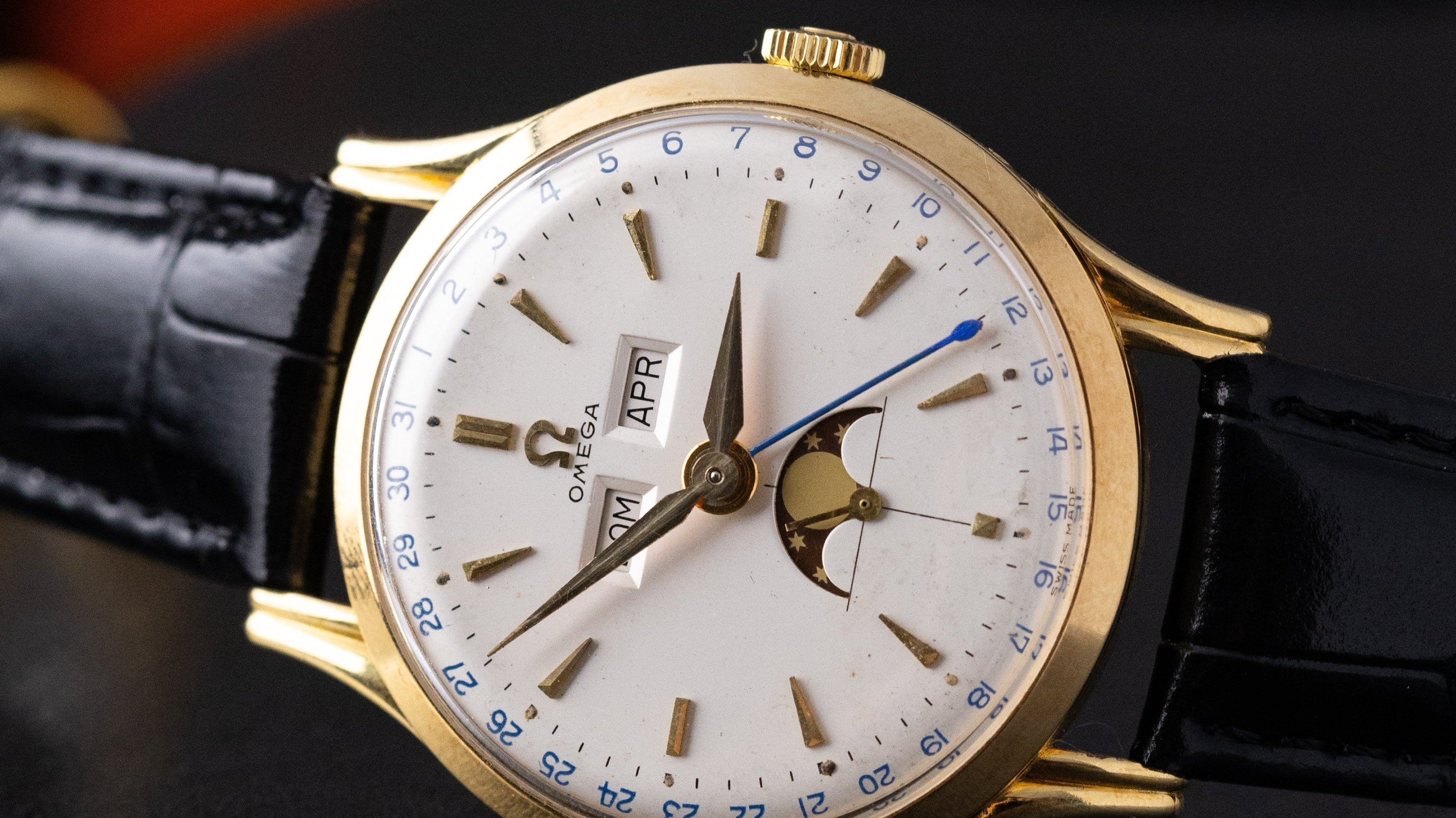When it comes to watches, brand pedigree often dictates consumer trust. Among the plethora of brands available, Bulova stands as a curiosity. Established over a century ago, this brand has continuously captivated attention, provoking questions about its quality and legacy. This article delves into various aspects of Bulova, addressing concerns like manufacturing locale, cost, and its standing in the luxury watch sphere. We’ll also cover practical matters such as how to open and set a Bulova watch. So, if you're contemplating a Bulova for your wrist, read on for a detailed analysis.

Historical Background of Bulova
Origin and Early Days
Bulova originated in 1875 in New York City, founded by Joseph Bulova, a Bohemian immigrant. Unlike other start-ups of that era, Bulova had an immediate mission: to revolutionize the American timekeeping industry. Within years, the brand achieved prominence by introducing mass production techniques. Interestingly, it was among the first to broadcast radio commercials in the 1920s, showcasing a blend of marketing ingenuity and technological prowess. Joseph Bulova even set up a watchmaking school to ensure a future supply of skilled labor, an early nod to sustainable growth.
Evolution Over Time
Through the years, Bulova has evolved from merely a wristwatch manufacturer to a pioneering force in the timekeeping realm. The brand notably released the Accutron in 1960, the world’s first fully electronic watch. This was not just a commercial milestone but a technological one; the Accutron’s tuning fork technology found its way into NASA's space missions. In recent years, Bulova has continued its innovative streak with the Precisionist line, boasting unparalleled accuracy with a 262kHz vibrational frequency. Today, it’s a subsidiary of Citizen Watch Co., yet retains its identity and dedication to innovation, fitting comfortably in a niche between affordable quality and upper-tier luxury.
Where Are Bulova Watches Made?
Today's Bulova watches find their origin in multiple locations. The primary assembly occurs in Switzerland and Japan, the latter owing to its acquisition by Citizen Watch Co. In both countries, watchmaking is not just an industry but a storied craft. The Swiss factories uphold the time-honored traditions of Swiss horology. Meanwhile, Japanese facilities implement cutting-edge technology, mirroring Citizen's focus on precision. Intriguingly, some of Bulova's vintage pieces were manufactured in the United States, offering collectors a taste of Americana along with timekeeping heritage.
How Much is a Bulova Watch Worth?
The price spectrum of Bulova watches is as varied as its collection. Entry-level models generally start around $200, catering to those who seek affordability without sacrificing quality. Mid-range options, often laden with advanced features like chronographs or moon-phase indicators, can hover between $500 to $1,000. The Precisionist line, celebrated for its incredible accuracy, typically sits at the higher end, sometimes touching the $2,000 mark. For connoisseurs, the limited-edition releases offer more than timekeeping; they serve as investment pieces, appreciating over time. This varied pricing strategy allows Bulova to span multiple market segments, offering a watch for virtually every wrist and wallet.
Are Bulova Watches Expensive?
The term "expensive" is relative, especially in the watchmaking universe where prices can soar into six or even seven figures. In the context of Bulova, its portfolio offers a strategic blend of affordability and luxury. While you won't find Bulova competing with ultra-luxury brands like Patek Philippe or Audemars Piguet, it does rival well-regarded names like Tissot and Seiko. Bulova’s value proposition lies in delivering high-quality timepieces with innovative features at a relatively accessible price point. In summary, Bulova strikes a commendable balance, offering remarkable timepieces that don't necessitate breaking the bank.
How to Open a Bulova Watch
Opening a Bulova watch is an endeavor that requires caution and precision, as you don't want to compromise the watch's internals or void the warranty. Bulova recommends having this done by authorized service centers. However, for the adept hobbyist, a case-back wrench is often the tool of choice for screw-down models. If you're working with a snap-back case, a flat, thin blade will suffice to pry it open. Note that some contemporary Bulova watches incorporate a built-in lever for easier access to the battery compartment—a subtle yet intelligent design feature. Always remember to reseal the case tightly to maintain its water-resistance and overall integrity.
How to Set a Bulova Watch
Setting a Bulova watch often differs depending on the model, yet the process is generally straightforward. For quartz models with a simple three-hand display, pulling the crown out to its second position allows you to set the time. With chronographs, additional sub-dials require a multi-step approach, often involving the crown and auxiliary pushers. The Precisionist line, renowned for its high-frequency quartz movement, also features a unique setting mechanism, incorporating a continuously sweeping second hand. Always ensure to press the crown back firmly after setting to preserve water-resistance and secure the settings.
Is Bulova a Luxury Watch Brand?
Defining "luxury" in the world of horology can be nebulous, contingent on a variety of factors like craftsmanship, heritage, and materials. Bulova sits on the cusp, offering both accessible and premium timepieces. Its Precisionist and Accutron lines, boasting advanced technologies like the 262kHz vibrational frequency, would not look out of place in a collection of higher-end brands. However, it doesn't claim the lofty status or price tags of an Omega or Rolex. Think of Bulova as a "gateway" luxury brand, offering the chance to own a technically advanced, aesthetically pleasing watch without the exorbitant investment often associated with luxury horology.
Pros and Cons of Owning a Bulova Watch
Pros
Bulova's craftsmanship and innovative drive are undisputed. With models boasting the groundbreaking 262kHz vibrational frequency, you're getting remarkable precision. These aren't just watches; they're talking points for the horologically inclined. The brand also offers diverse design options, from vintage-inspired pieces to modern, minimalist styles. This variety ensures that there's a Bulova for every aesthetic preference. Moreover, Bulova's price point makes high-quality timekeeping accessible, truly democratizing the luxury watch experience.
Cons
While Bulova excels in many areas, it's not without shortcomings. Its intermediate positioning means it lacks the elite status some collectors crave. Unlike heritage-rich brands like Rolex or Patek Philippe, Bulova doesn’t offer the same investment growth potential. Additionally, their wide range can be a double-edged sword, sometimes leading to inconsistent product lines that deviate from a cohesive brand image. Lastly, although durable, Bulova watches generally don't possess the same resilience to extreme conditions as some purpose-built, high-end sports watches.
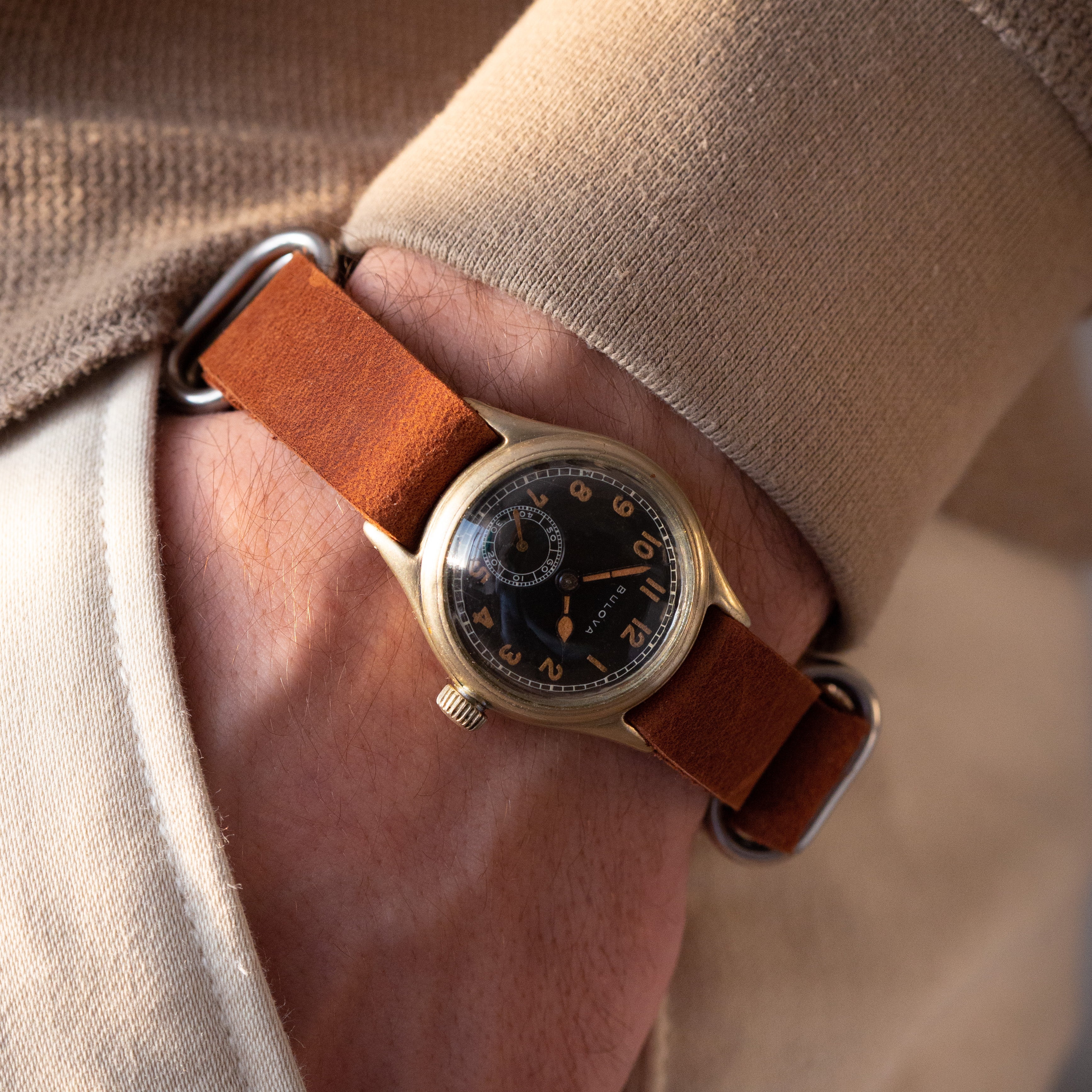
Navigating the nuanced landscape of watch brands is a journey fraught with subjective opinions and countless options. Bulova, with its rich heritage and dedication to innovation, offers a compelling middle-ground. It merges accessibility with advanced technology, presenting a balanced option for both novices and seasoned collectors. While it may not satisfy those hunting for a status symbol, it definitely offers substantial horological value. So, whether you're stepping into the realm of quality timepieces or looking to expand your collection, a Bulova watch could be a wise, well-rounded choice.
FAQs
Q1. Is Bulova a good watch brand?
A1. Yes. Bulova is widely regarded as a reliable and innovative watch brand with over 140 years of history, known for strong build quality, accuracy, and accessible pricing.
Q2. Is Bulova considered a luxury watch brand?
A2. Bulova is best described as an entry-level or gateway luxury brand. It offers advanced technology and refined design but does not compete with ultra-luxury brands like Rolex or Patek Philippe.
Q3. Where are Bulova watches made?
A3. Modern Bulova watches are manufactured in Switzerland and Japan, with Japanese production influenced by its parent company, Citizen Watch Co.
Q4. Are Bulova watches Swiss-made?
A4. Some Bulova models are Swiss-made, particularly those labeled as such, while others are produced in Japan using Citizen’s precision manufacturing standards.
Q5. How much does a Bulova watch cost?
A5. Most Bulova watches range from $200 to $1,000, with high-accuracy Precisionist models and limited editions reaching $2,000 or more.
Q6. Are Bulova watches expensive?
A6. Compared to luxury Swiss brands, Bulova watches are affordable. They offer strong value for money rather than exclusivity-driven pricing.
Q7. What is Bulova best known for?
A7. Bulova is best known for the Accutron tuning fork movement, the Precisionist 262kHz quartz technology, and its role in space and aviation history.
Q8. Is Bulova owned by Citizen?
A8. Yes. Bulova has been owned by Citizen Watch Co. since 2008, benefiting from Japanese high-precision manufacturing expertise.
Q9. How accurate are Bulova watches?
A9. Bulova Precisionist watches are among the most accurate quartz watches available, with accuracy up to ±10 seconds per year.
Q10. How do you open a Bulova watch?
A10. Bulova watches typically have snap-back or screw-down casebacks, which should ideally be opened by a professional to avoid damage or loss of water resistance.
Q11. How do you set the time on a Bulova watch?
A11. Pull the crown to the appropriate position to set the time; chronograph and Precisionist models may require additional steps using pushers.
Q12. Do Bulova watches hold their value?
A12. Most Bulova watches are not investment pieces, but vintage Accutron models and limited editions can retain or increase value among collectors.
Q13. Are vintage Bulova watches collectible?
A13. Yes. Vintage Bulova and Accutron watches are increasingly collectible, especially early tuning-fork models and U.S.-made pieces.
Q14. How does Bulova compare to Seiko or Tissot?
A14. Bulova competes closely with Seiko and Tissot, offering innovative technology and distinctive designs at similar price points.
Q15. Should you buy a Bulova watch?
A15. If you want strong heritage, innovative technology, and solid value without luxury pricing, Bulova is a smart and well-rounded choice.

